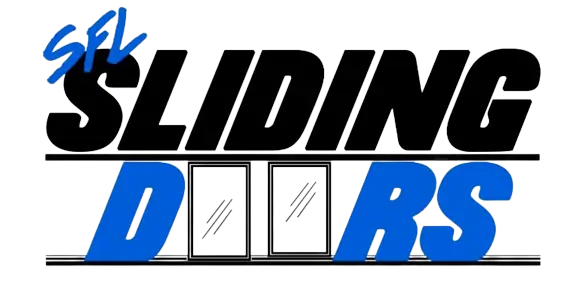Sliding doors are subject to daily wear and tear, especially in high-traffic areas. Over time, dirt and debris can accumulate in the tracks, rollers may wear out, and seals might degrade. Regular sliding doors maintenance ensures the door operates smoothly and prevents costly repairs down the line. Maintenance involves cleaning the tracks, lubricating moving parts, and inspecting for minor issues before they escalate into major problems.
Ignoring maintenance can lead to frustrating issues like misaligned doors, difficulty opening and closing, or even damage to the frame. Proper upkeep not only prolongs the life of the door but also improves energy efficiency by maintaining a tight seal against drafts and external elements.
Common Issues with Sliding Doors
Despite their convenience, sliding doors can encounter several problems over time. The most frequent issues include jammed tracks, worn-out rollers, and damaged locks. Jammed tracks often result from accumulated dirt and debris, which restrict the door's movement. Worn-out rollers may cause the door to drag or become noisy, while damaged locks compromise security.
Each of these problems has a corresponding solution, but addressing them requires a balance of knowledge and tools. For example, cleaning tracks involves removing debris with a vacuum or brush and wiping them down with a damp cloth. Rollers may need to be replaced, which requires disassembling parts of the door—a task best handled by a professional if you lack experience.
Factors Influencing Sliding Door Repair Cost
The sliding door repair cost can vary widely depending on the nature and extent of the issue. Minor repairs, such as cleaning tracks or replacing a lock, are relatively inexpensive. However, more complex repairs, like replacing rollers or fixing structural damage, may cost more due to labor and replacement part expenses.
Another factor affecting repair costs is the type of sliding door you have. For instance, glass sliding doors typically cost more to repair than wooden or aluminum ones because of the delicacy and specialized skills required to handle glass. Location also plays a role, as repair services may charge higher rates in urban areas compared to suburban or rural locations.
Additionally, the decision to hire a professional versus attempting DIY repairs influences costs. While DIY repairs may save money upfront, they can lead to further expenses if done incorrectly. Professional services offer expertise and ensure the job is done right, often providing warranties for added peace of mind.
Tips to Reduce Sliding Door Repair Costs
Preventative maintenance is key to minimizing the sliding door repair cost. Regularly clean the tracks to prevent dirt buildup, inspect the rollers for wear and tear, and lubricate moving parts with a silicone-based lubricant to ensure smooth operation. Addressing minor issues promptly can also prevent them from escalating into costly repairs.
Another way to save money is by learning basic repair skills, such as replacing a lock or adjusting a misaligned door. However, it's crucial to recognize when a problem is beyond your expertise and requires professional attention. Attempting complex repairs without proper tools or knowledge can result in further damage, leading to higher expenses.
For those considering hiring a professional, obtaining multiple quotes can help you find a service provider that fits your budget. Ensure the quotes include a detailed breakdown of costs for labor, materials, and any additional fees. This transparency allows you to compare options and make an informed decision.
When to Replace Instead of Repair
While regular maintenance and timely repairs can extend the lifespan of sliding doors, there comes a point when replacement is more cost-effective. If your sliding door has recurring issues despite repeated repairs or if it’s over 15 years old and showing significant wear, replacing it may be a better long-term solution.
Replacement also offers the opportunity to upgrade to a more energy-efficient or stylish model that enhances the functionality and appearance of your home. Although the upfront cost of replacement is higher than repairs, the investment pays off in terms of improved performance and durability.






Comments